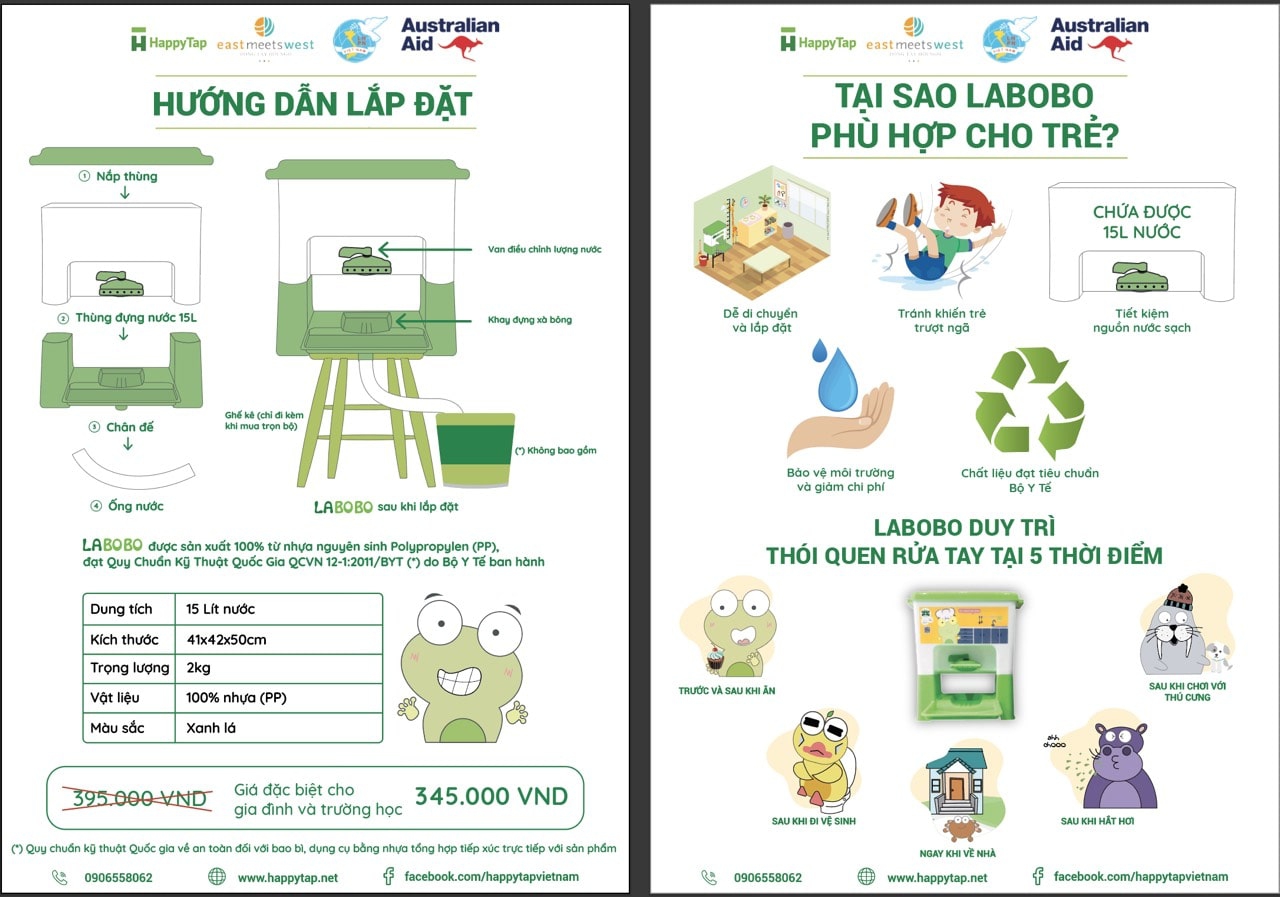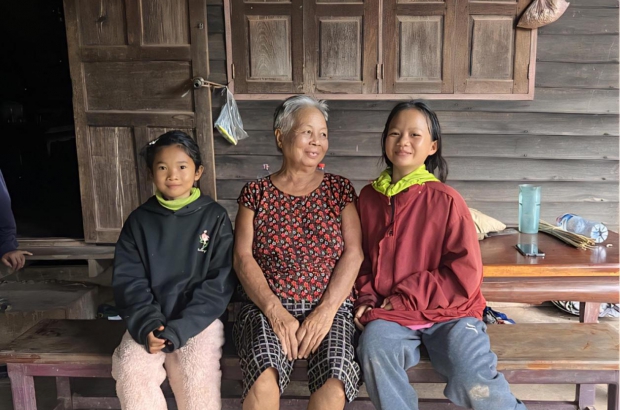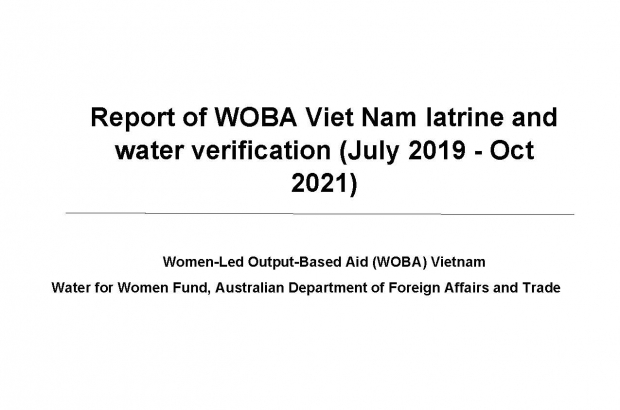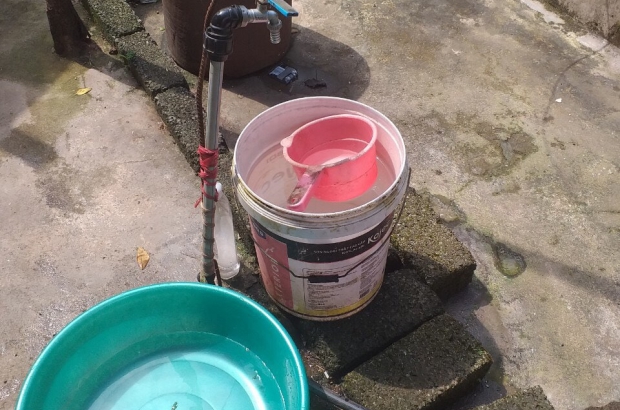
Hand washing products and hygiene promotion in rural Vietnam: A case study of the COVID-19 Response in the Women-Led Output-Based Aid (WOBA) Vietnam project
2735
COVID-19 has brought attention to behavioural change communication. This study aimed to understand the extent to which the Women’s Union (WU) promotion of handwashing during the COVID-19 pandemic have influenced the knowledge, attitude and handwashing behaviour in rural Vietnam. Employing a case study approach in two provinces, the study surveyed 372 households, health staff, and kindergarten personnel, followed by structured interviews with 12 WU member. The findings suggest that there was a strong sense of morality among the WU members who viewed their handwashing promotion as a collective duty to ensure the health and wellbeing of their community. They promoted handwashing to prevent COVID-19 as part of the WU’s propaganda mandate of a socio-political organisation, which afforded them the legitimacy and authority in the community to carry out the promotion. From the community perspective, accessibility to these communication events and disseminated information on handwashing varied by education and income levels. Perceptions of effective communication methods to change handwashing behaviour were also influenced by socioeconomic characteristics of the information receivers. The study highlights the importance of understanding community-based approach to behavioural change communication, and methodological challenges in assessing such practices in the context of rural Vietnam.
Related News
4225
Report of WOBA Viet Nam latrine and water verification (July 2019 - Oct 2021)
This report presents the results of verification of latrines and water connections completed in the WOBA Vietnam project as of 30 October 2021: EMW and CDC completed 7,871 verifications for HH’s newly built latrines; EMW and PCERWASS completed 3,437 verifications for HHs’ piped water connections; WUs in Nghe An, Ha Tinh and Ben Tre completed 156 customer satisfaction surveys (CSS) of HHs after they had been using piped water service for 3 to 6 months.
4518
Report of the endline evaluation of Women-Led Output-Based Aid (WOBA) Vietnam
The purpose of the Endline Evaluation is to assess the WOBA project using the OECD Development Assistance Committee (DAC) evaluation criteria including Relevance – Effectiveness – Efficiency – Impact - Sustainability. The theory of change defined for WOBA Vietnam has been used to define evaluation priority areas of inquiry which in turn links to the key evaluation questions. The priority areas of this Endline Evaluation are: 1. WASH services implemented using OBA focusing on the water component 2. Gender equality and social inclusion approach and outcomes 3. Fecal sludge management pilot 4. Climate resilient water safety plan pilot.



